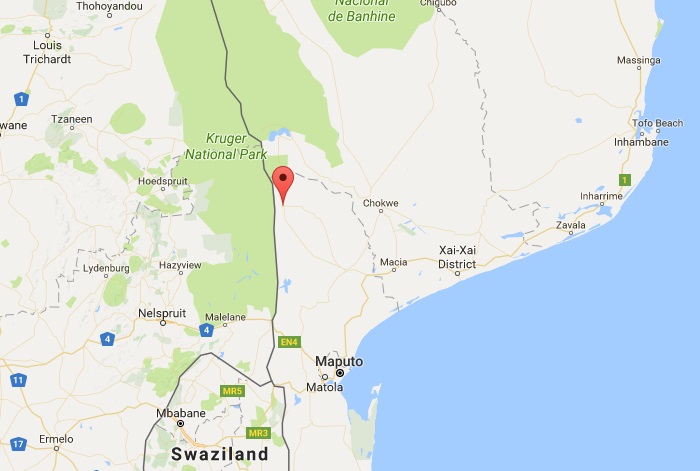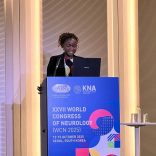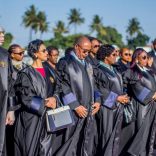Mozambican doctor Helena Buque honoured with Best Clinical Paper Award at World Congress of ...
Combating poaching: Magude communities say they’re waiting for their 20% for 13 years – Carta

File photo: Social Media
Some communities near game farms which started operating 13 years ago in Magude district, Maputo province, say they have yet to receive a cent for the activities developed in their neighbourhoods.
The Capitine and Komane communities in Mapulanguene Administrative Post near the Masintonto Ecoturismo, João Ferreira Reserve and Safari Mondzo farms (currently belonging to Karingana Game Reserve) have yet to benefit from the exploitation of wildlife in that part of the country.
“We always present the same complaints to the government, but it always says it does not have solutions,” Komane village secretary Santos Muzimba complains.
Mateus Zaqueu, another Komane resident, says that the community is clamouring for the opening of boreholes and job opportunities. “If they brought this money, we could do more. The population is suffering. They took away our machambas [smallholding plots] and gave us nothing,” he says.
“The people who lost their machambas didn’t get any reward. We have pleaded with the leaders, but they do not solve our problems,” complains Quisse Chitlango, another resident.
Almina Ubisse, Secretary of the Organisation of Mozambican Women (OMM) in the village, says she is “tired of everyday talking and listening to the same people”. “Our children do not work, yet they employ people from other areas,” she adds, demanding that the situation be rectified.
Meanwhile…
In Capitine, the population has received resettlement homes, but their quality is below expectations. “They are already falling down,” says Percina Monjane, backed up by village secretary Wilson Siboya, who says that there is no Natural Resources Management Committee there to help mediate the conflict.
Head of Locality Egas Meneses says the absence of a local Natural Resources Management Committee is main reason for the 20% never having been channelled. “They must have the statute published in the Boletim da República (Government Gazette ) and other documents to open the bank account, because they can only start to benefit from the 20% after meeting these requirements,” he explained, even while cautioning that “the reserves say they are not making any money”.
Cornélio Miguel, Conservation Areas Coordinator in the National Administration of Conservation Areas (ANAC), told Carta that the institution created teams responsible for collecting data on wild farms that did not channel the 20%, so that communities would benefit from the amount in the short and medium term.
Under Mozambican law, local communities are entitled to 20% of the revenues generated by conservation areas implemented in their jurisdiction, the amount being channelled through the ANAC by the Ministry of Land and Environment.

Marcelino Foloma, Coordinator of the Wildlife Programme at the World Wildlife Fund (WWF) in Mozambique, points out that it is necessary to help communities manage the money coming from game farms in order to make this income sustainable.
By Omardine Omar, in Magude











Leave a Reply
Be the First to Comment!
You must be logged in to post a comment.
You must be logged in to post a comment.